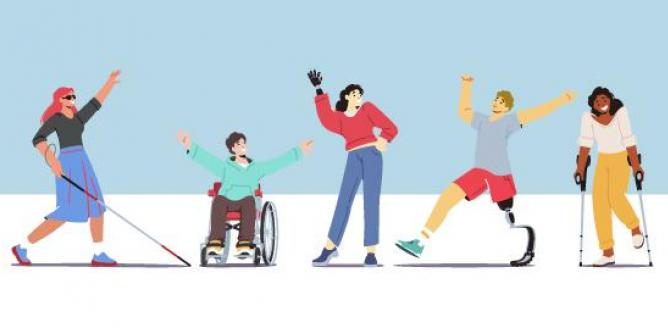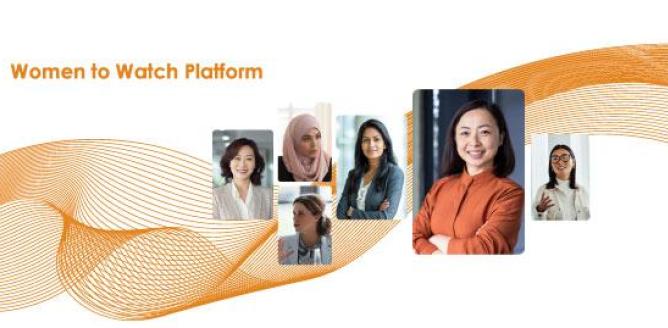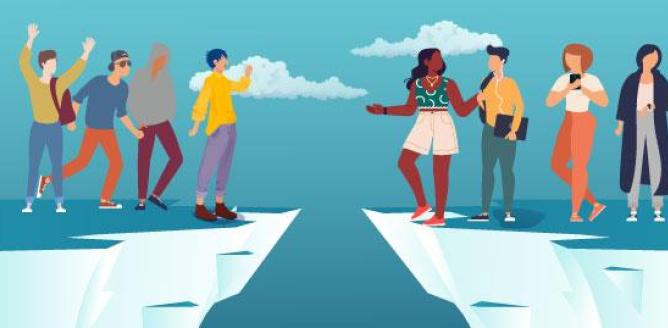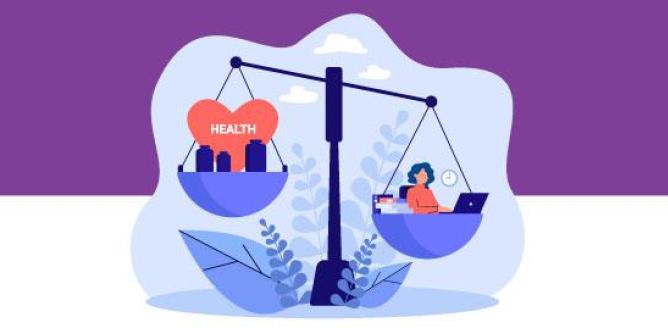“There is so much that able-bodied people could learn from the wisdom that often comes with disability. But space needs to be made. Hands need to reach out. People need to be lifted up.” - Alice Wong, disabled activist
As the Tokyo 2020 Paralympics draws to a close, we are delighted to see that the games have drawn the greatest number of athletes in the history of the Paralympic Games with the largest number of female athletes ever – a near 11% increase on Rio 2016. With five medal wins, we have watched Hong Kong’s 24 athletes with pride and send a huge congratulations to all.
Alongside the rise in athletes competing, we were excited to see a rise in viewership as the games broke all previous viewing records with an estimated global television audience of 4.25 billion people.
Despite this good news, people with disabilities still face many challenges in today’s society.
Ahead of the 2020 Paralympic Games, a decade long campaign titled WeThe15 was launched to support the 1.2 billion people in the world with a disability. WeThe15 aims to represent the 15% of the global population who have a disability, in what they hope to be the ‘biggest ever’ human rights movement, ending discrimination against those with an impairment. People with disabilities often face many societal barriers, and disability evokes negative perceptions and discrimination. As a result of the stigma associated with disability, people with disabilities are generally excluded from education, employment and community life which deprives them of opportunities essential to their social development, health and well-being.
In Hong Kong, only 0.02% of listed companies employ people with disabilities, and over 60% of people with disabilities are economically inactive. Women and girls with disabilities experience double discrimination, which places them at higher risk of gender-based violence, sexual abuse, neglect, maltreatment and exploitation. The global literacy rate is as low as one per cent for women with disabilities, according to a UNDP study.
There are more than 570,000 people with disabilities in Hong Kong, the majority women. At TWF, we believe more voice and visibility needs to be given to women and girls with disabilities. We also need to make the changes in our personal and professional lives that allow for their full inclusion. The Paralympic Games show us the strength and value of diverse abilities and provided a great launchpad for these conversations but we must carry this momentum ourselves – let's not allow the closure of the games to be the closure of the movement.
Get in touch at Fiona.Nott@twfhk.org.





















